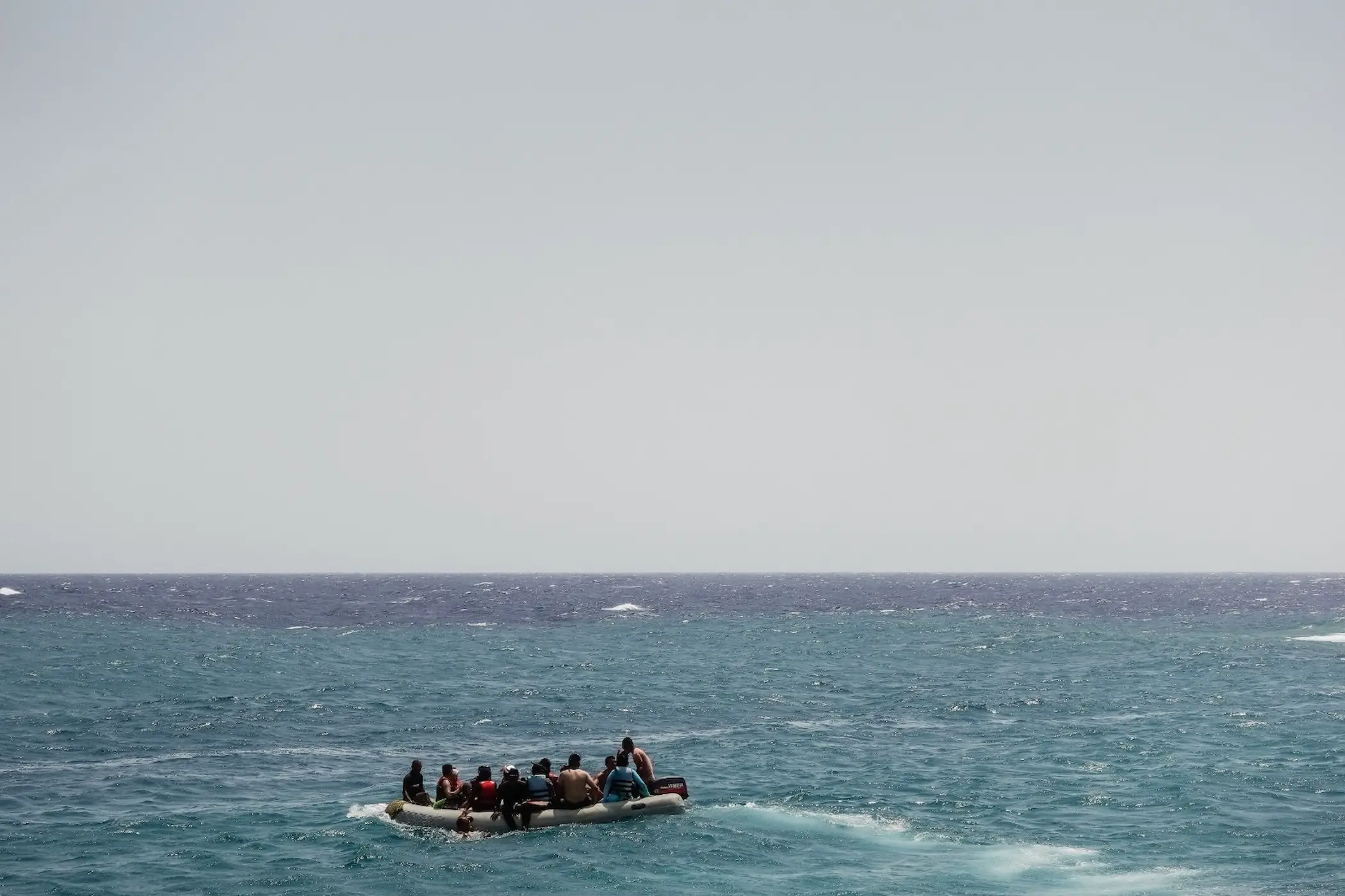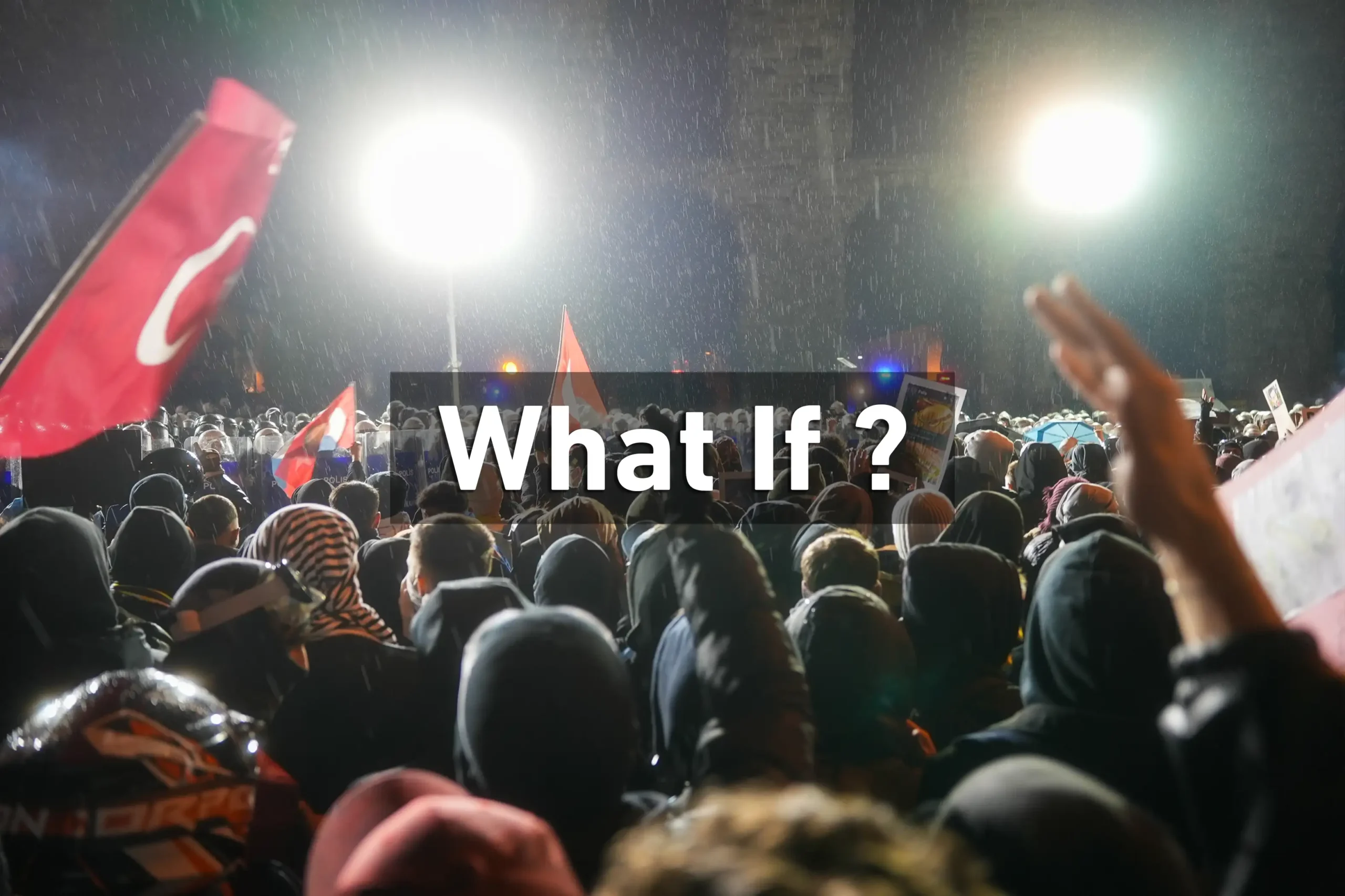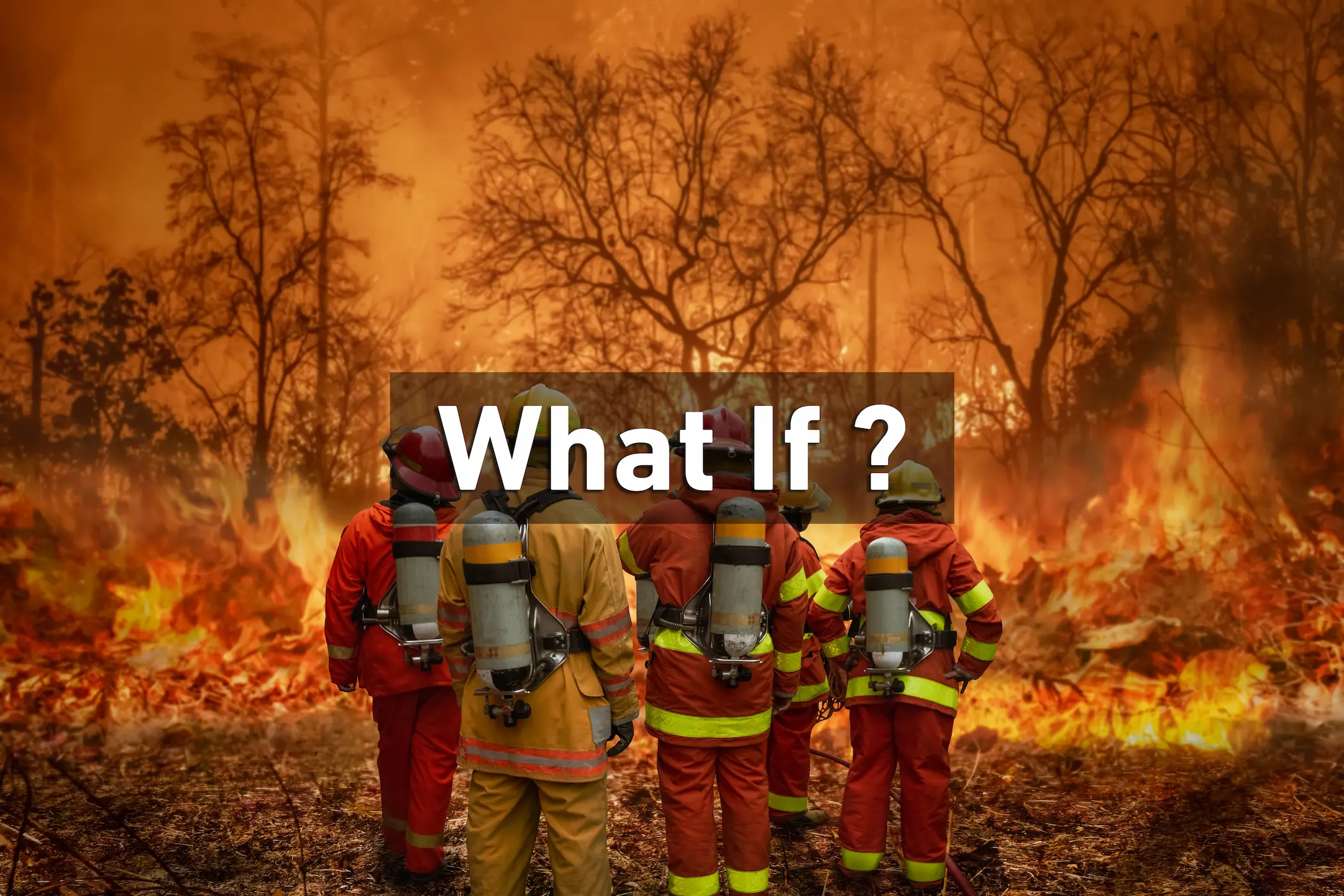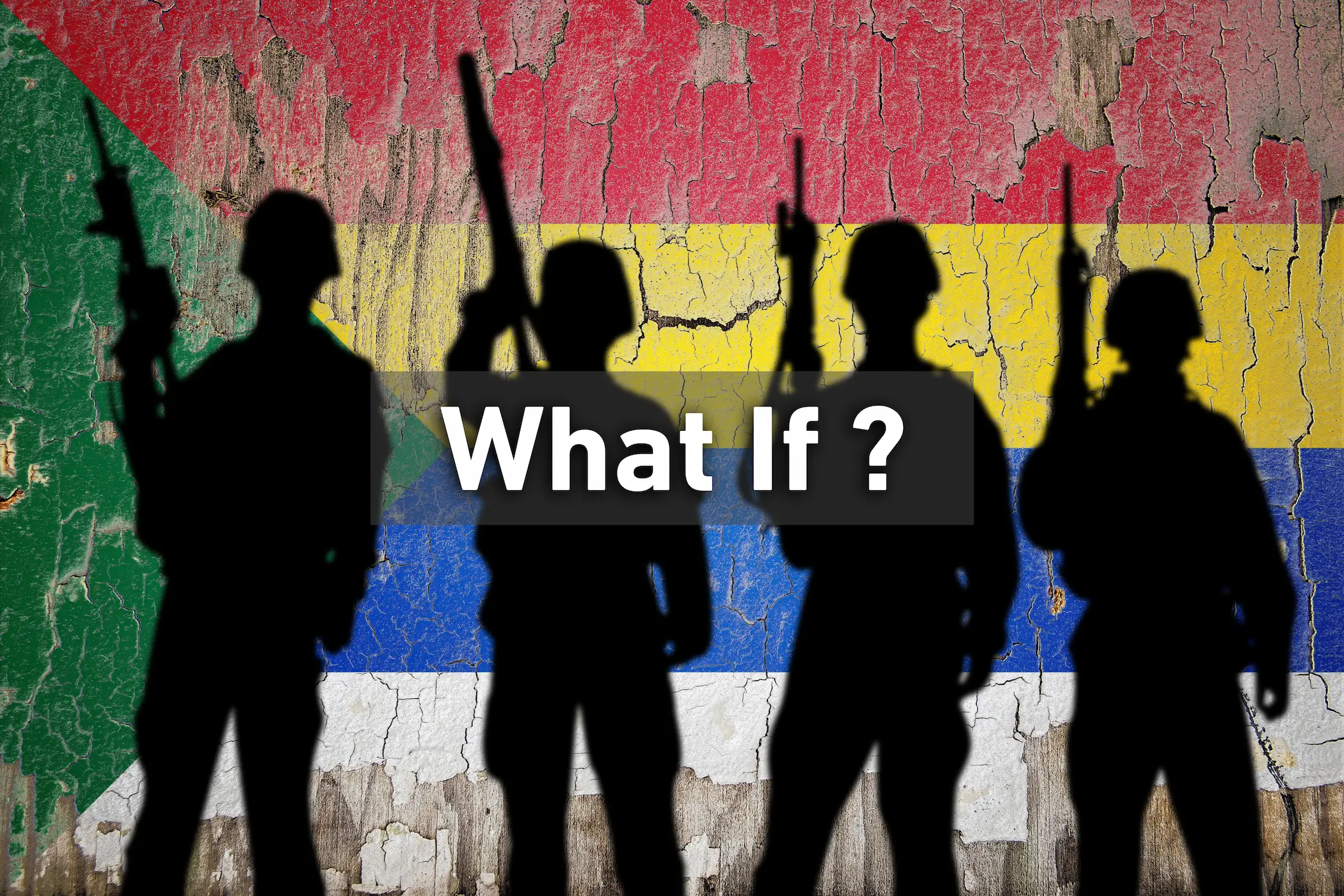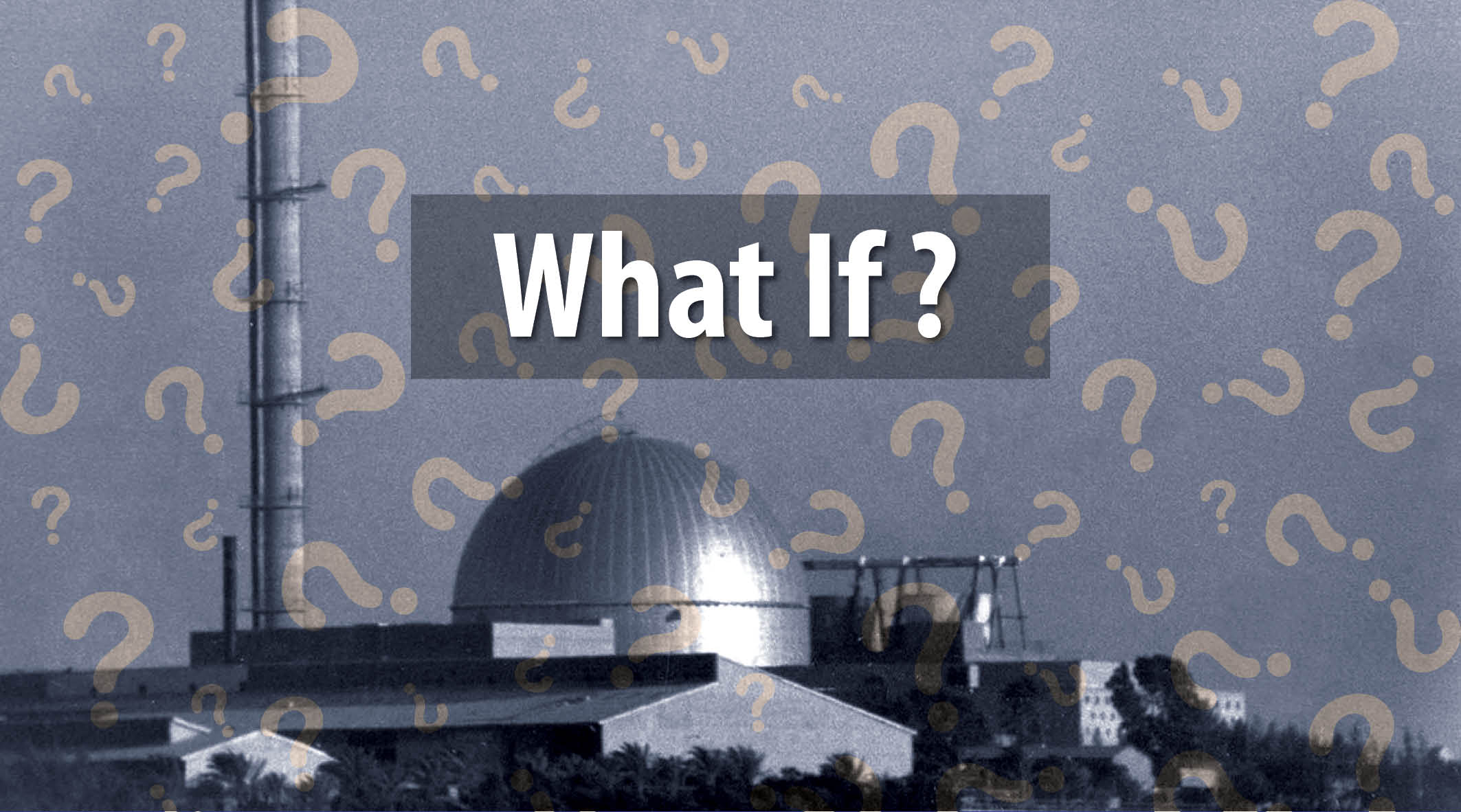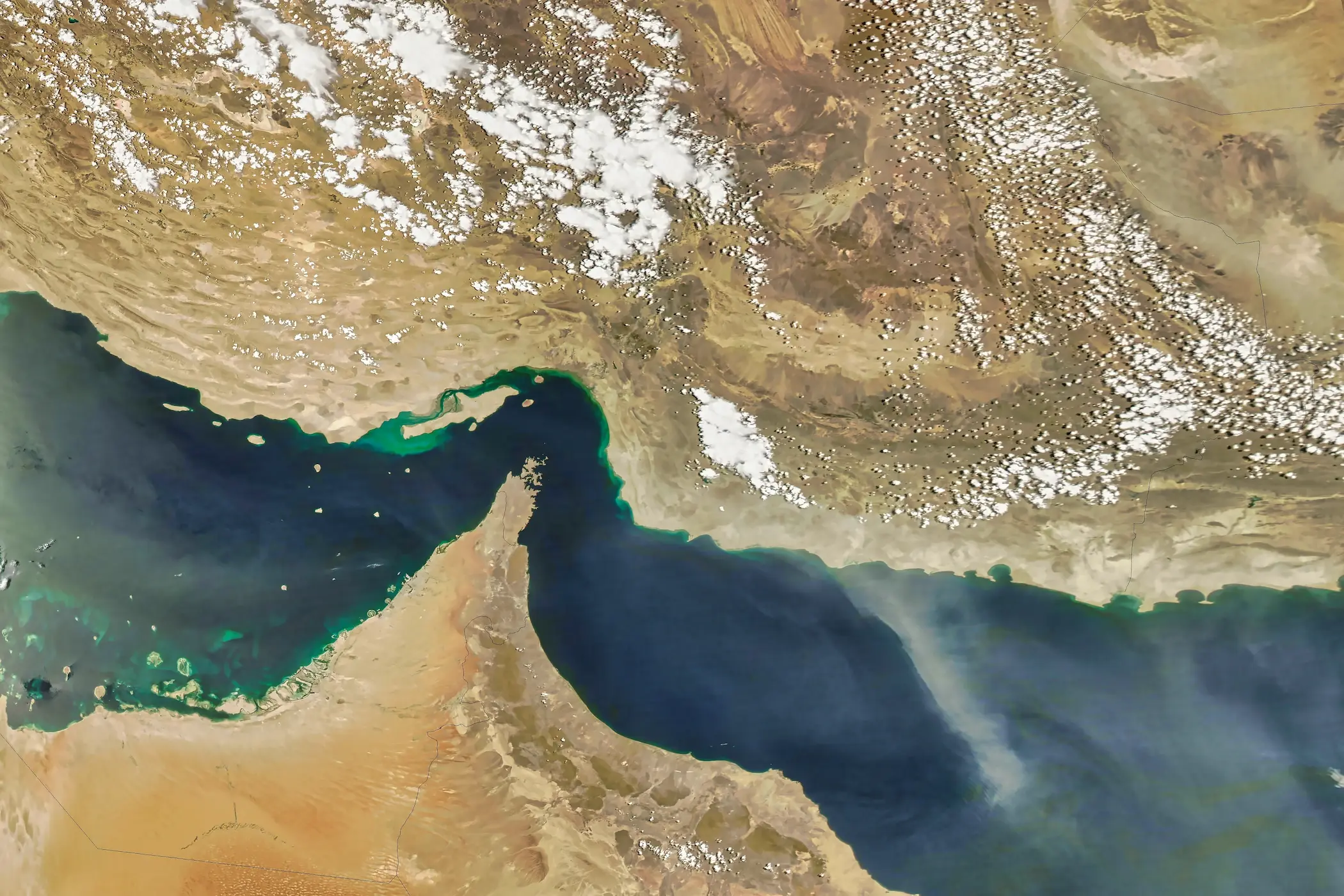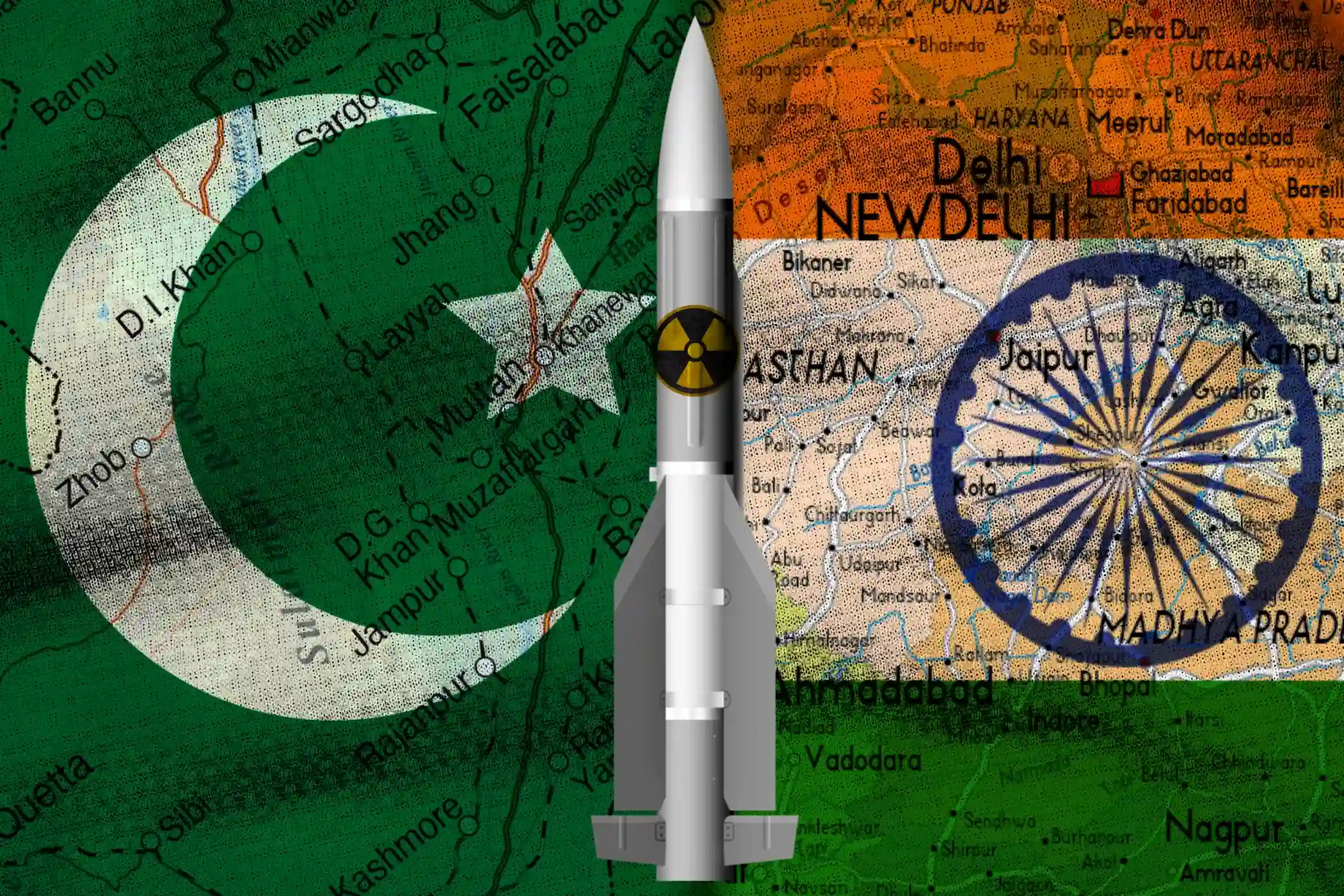9 Nov 2025
What If: Climate Migration Destabilises North Africa and Southern Europe?
Climate migration is becoming an increasingly pressing issue, imposing geopolitical and humanitarian challenges on countries that receive migrants at all stages. According to a report by the World Bank, climate migration is expected to force approximately 143 million people in the Global South to migrate by 2050. Natural disasters, including extreme heatwaves, droughts, insufficient crops, and flooding, have been imposing severe risks for many countries, particularly third-world countries. These countries are vulnerable to these risks due to their lack of services and financial distress, leaving most of the population living below the poverty line. Under these hardships, climate migration is spiking to northern countries where people seek better living conditions.
North Africa, geographically connecting the Global South to Europe, is a strategic transit location for migrants. While Southern Europe, linking migrants to the Global North, is an important entry point for those seeking better opportunity. Hence, the climate migration pressure on these regions creates conditions for destabilisation across both sides of the Mediterranean.
With the high wave of irregular migration, ‘Destination’ states, where migrants seek to settle in, often engage with the ‘Transit’ states, which are “any country through which a migrant passes after fleeing their country of origin, irrespective of their initial plans or actual actions within that country”, in what is called ‘migration diplomacy’. This strategy involves destination states offering visa incentives and investment opportunities in exchange for the transit state adopting containment measures for irregular migrants coming from their countries and strengthening control over the border. Likewise, destination countries foster economic and investment aid to ‘origin’ countries to tackle the root causes of the migration problem.
Although such diplomatic techniques could be successful sometimes, in many cases, they have been proven to be inadequate in many situations. As climate irregularities increase, climate-induced migration is expected to rise, and such methods have a high probability of their effectiveness diminishing completely, impelling destination countries to come up with other competent measures.
The evidence shows a high probability of devastating effects in both transit and entry states. For transit states, they might face more strain on their financial resources than what they currently incorporate, and at the same time, security threats could escalate. Regarding entry states, economic pressure, political tension, and intensified cultural polarisation might empower far-right parties, changing the structure of the European Union. So, climate migration could become a huge threat to the regional stability in both transit and entry states without effective and coordinated measures.
This paper explores the destabilising potential of climate-induced migration on transit North African states and Southern European entry states. It is divided into four sections: climate regression, effects on transit states, effects on entry states, and proposed solutions. The paper addresses the economic, political, and security implications, and suggest the necessity for tailored measures suitable for affected countries. The paper concludes that the continuous pace of climate migration will have destabilizing consequences on both transit and entry hubs. Besides resilience and early warning solutions, the EU has to provide attractive incentives for North Africa in order to limit the spill-overs on its borders. Such proposals shouldn’t be detached from the realities of African states and better align with the economic and security needs of these countries.
29 Sep 2025
What If: The Turkish Judiciary Invalidates the 2023 CHP Leadership Elections?
The Republican People’s Party (CHP) managed to achieve a noticeable electoral victory against the ruling Justice and Development Party (AKP) in the latest local elections that were held on 31 March 2024. However, the joy of victory did not last long, as the Mayor of Istanbul, Ekrem İmamoğlu, was arrested for corruption charges before being ousted from his position as the Mayor of Istanbul. The investigation into corruption charges revealed that the CHP leadership elections held on 4–5 November 2023, which resulted in the election of Özgür Özel as the party’s leader, might have involved illegal activities that could have jeopardised the transparency of the outcome. As a result, the Turkish judiciary is investigating this issue at the moment. On Monday, Sept. 15 2025, a Turkish court in Ankara held a hearing in a case questioning the legitimacy of the CHP’s 2023 leadership election (the 38th Congress), alleging irregularities like vote-buying, meaning that the outcome of the CHP leadership elections may be invalidated. If it happens, the impact on the CHP and electoral map in Turkey could be massive.
30 Jul 2025
What If: The Middle East Burns Next?
In 2023 a sobering milestone was met, the highest number of wildfires in the European Union (EU) since tracking began in 2000 by the European Forest Fire Information System. More than 500,000 hectares of land were burned, an area equivalent to half the size of Cyprus. The situation worsened in 2024, with wildfire-related fatalities rising sharply to 437, compared to 263 deaths in 2023.
Research consistently points to climate change as a primary driver behind this growing crisis. Not only is it increasing the scale of land burned, but it's also intensifying individual fires, extending fire seasons beyond the traditional summer months, and triggering blazes in regions previously untouched by such disasters. As this escalating threat edges closer to the Middle East, the pressing question remains: will the region be prepared, or caught dangerously off guard?
17 Jul 2025
What If: As-Suwayda Sought Independence?
As-Suwayda has emerged as a profoundly complex arena amid the sweeping transformations reshaping Syria following the fall of the Assad regime and the formation of a new centralized transitional government. Within this volatile context, calls for self-determination from segments of the local Druze community have gained traction.
There are four critical fault lines worth exploring: the acute internal fragmentation of the Druze polity; the ideological and constitutional dissonance between local autonomy demands and the centralized architecture of the new Syrian state; the near-total economic collapse of the province; and the intensity of regional entanglement that constrains meaningful sovereignty.
1 Jul 2025
What If: The UN Runs Out of Money?
Since its establishment in 1945, the United Nations (U.N.) has played a central role in solidifying international cooperation and promoting global peace and security. However, the U.N.’s ability to fulfil its duties depends on financial contributions from member states. As an entity, the U.N. has several budgets, including the regular budget (covers political missions, the General Assembly workings, Security Council, human rights, and legal affairs), peacekeeping budget (covers the U.N. peacekeeping missions in areas of conflicts), and voluntary budgets (covers the activities of the UNHCR, WHO, WFP and other similar agencies). As advertised by the U.N., the organization is facing a huge financial deficit that can jeopardize its global role, thereby affecting global security.
Moreover, the U.N.’s financial deficit could have several implications, including worsening humanitarian crises, allowing regional organisations to fill the gap left by the U.N., and jeopardising the global order it has sustained following the end of the Cold War.
22 Jun 2025
What If: Iran Attacked the Dimona Reactor?
Amid the intensifying confrontation between Iran and Israel throughout 2025, the prospect of a direct strike against Israel’s Dimona nuclear facility has moved from a remote possibility to a plausible escalation scenario. As military operations increasingly target strategic infrastructure on both sides, the regional system faces the risk of a threshold breach—one that could trigger not only military and political consequences but also a multidimensional crisis involving radioactive contamination, mass displacement, and economic collapse across multiple states.
While Israel would undoubtedly bear the immediate brunt—facing mass civilian evacuations, irreversible environmental degradation in the Negev, and the paralysis of its agricultural and tourism sectors—the ripple effects would extend far beyond its borders.
Jordan’s border regions and agricultural zones in the Jordan Valley could face contamination and humanitarian strain, potentially requiring the evacuation of tens of thousands of people. Egypt’s Sinai Peninsula and northern Suez region could suffer fallout exposure, disrupting global shipping through the canal and threatening the Red Sea tourism corridor. Saudi Arabia’s northern provinces, including areas tied to its Vision 2030 megaprojects, could face both environmental and demographic disruption.
19 Jun 2025
What If: Iran Closed the Strait of Hormuz?
The Strait of Hormuz – a narrow, indispensable artery through which nearly a fifth of the world’s oil and a third of its liquefied natural gas (LNG) flows– stands on a cliff. As geopolitical tensions intensify across the Middle East, fuelled by escalating Iran-Israel tensions and the shadow of direct United States (U.S.) involvement, the once-unthinkable threat of its closure looms larger than ever with Iran’s threat to close or block the Strait. In spite of the catastrophic global implications of such an act, the volatile depths of this potential crisis will be explored, unravelling the motives that could push Iran to choke this global lifeline, exposing the monumental security and geopolitical fallout, and revealing the catastrophic economic shockwave that would consume nations far beyond the region.
28 May 2025
What If: The US Economy Collapses?
Global trade tensions, supply chain disruptions, and skyrocketing costs are some of the unprecedented effects caused by U.S. president Donald Trump’s second term aggressive tariff policies. Tariff policies' impact goes beyond being just hypothetical, with real-time predictions and forecasts that more severe effects could follow; the global GDP is expected to slowly grow by only 2.2% in 2025, while the United Nations Conference on Trade and Development (UNCTAD) has warned of a possible global recession, given that growth slips below 2.5%. Not only the UNCTAD but also the International Monetary Fund (IMF) has downgraded its outlook for the global economy to 2.8% in 2025 and made a significant revision for the U.S. economy lowering its 2025 growth projection to 1.8% in April from 2.7% in January. Adding to these concerns, the World Trade Organization has already highlighted a sharp deterioration in global trade prospects, with world merchandise trade now expected to decline by 0.2% in 2025, nearly three percentage points lower than previous forecasts.
The current instabilities go beyond the economic aspect; they also affect the U.S.’s international alliances and add additional burdens to households, many of whom are delaying major life decisions. A pressing question amid recession fears arises: What are the impacts on a global scale in the event of a U.S. economic collapse? Given the leading position the U.S. plays as the world’s largest economy and the leading issuer of primary reserve currency, such a downturn would trigger a financial disaster of unparalleled magnitude. Essentially, if the U.S.’s economy falls, the world’s economy falls with it. Imagine waking up a few years from now, pulling out your phone, and seeing the headline: "U.S. Economy in Freefall: Markets Collapsed Overnight." It begins as a distant rumble, as if a story is taking place somewhere else. But then you go to get your morning coffee, and the price has tripled. Your investment app reveals that your life savings have been devastated. Overseas, factories that rely on American consumers come to a standstill, leaving entire villages jobless. The USD, once the cornerstone of global banking, has collapsed, provoking wild currency wars as governments try to preserve their own. Suddenly, that far-off catastrophe isn't so far away; it's emptying your wallet, increasing your grocery cost, and endangering your basic existence. This isn't just a headline; it's a chilling, global economic winter, its icy grip felt in every home, on every continent, for generations. Are we truly prepared for such a cataclysm?
22 May 2025
What If: China Invades Taiwan?
China and Taiwan have had a complex relationship. Taiwan was once a part of China, following the Chinese Civil War in 1949, the government of the Republic of China retreated to Taiwan, while the People's Republic of China established itself on the mainland. For decades, Taiwan was recognized by many countries as the legitimate government of China, even holding China's seat at the United Nations until 1971, when it was replaced by the People's Republic of China. While China pledges to reunify Taiwan, even by force, the latter depends on the United States to deter any potential Chinese invasion.
Given the current geopolitical changes in the world, there is a possibility that China could invade Taiwan, exploiting the West’s emphasis on the Russia-Ukraine War.
14 May 2025
What If: The India-Pakistan Ceasefire Collapses?
The recent U.S.-brokered ceasefire between India and Pakistan, following four nerve-racking days of escalating military exchanges, offered a moment of reprieve from the brink of what many feared could become an all-out conflict between the two nuclear-armed neighbors. Missiles and drones crossed borders, tensions were sky-high, and the language from both capitals was increasingly aggressive. President Trump's sudden announcement of a truce, while welcomed, underscored the inherent fragility of the situation. Amid celebrations in India and Pakistan, and self-congratulations in Washington, Kashmir endured another night of violence, with both sides claiming violations. This temporary calm exists against a backdrop of deep-seated historical grievances, unresolved territorial disputes, evolving nuclear doctrines, and a complex interplay of internal and external pressures. The critical question now is not just how the ceasefire was achieved, but whether it can hold, and what the consequences would be if this fragile truce were to collapse.
10 Dec 2024
What If: Israel Created a New Corridor to the Euphrates in Syria?
The dream of Greater Israel is not fictional but real, first developed by Theodore Hertzel, the founding father of Zionism, Greater Israel include all lands from the Nile in Egypt to the Euphrates in Iraq. This includes territories from Egypt, Syria, Iraq, Kuwait, Saudi Arabia, all Jordanian territory, and all historical Palestine. In 2017, the United Nations issued a report indicating that Israel is proceeding with its plans to annex Palestinian lands in the West Bank while keeping Palestinians in severe conditions of isolation and deprivation. Moreover, soldiers of the Israeli army have worn badges showing Greater Israel during military operations in Gaza, indicating that Israel might expand its military operations in the Middle East after ending its military operations in Gaza. The pathway to accomplishing the dream of Greater Israel began in November 2024 when Israel entered the demilitarised zone that separates the occupied Syrian Golan Heights. In this area, Israel began establishing a construction project, paving a road along the borders with Syria. What if the Israeli construction project in Syria is the first step to build a corridor that would connect Israel to the Euphrates, thus making Israel closer to achieve the dream of Greater Israel? What will be the consequences if Israel manages to create this corridor?
